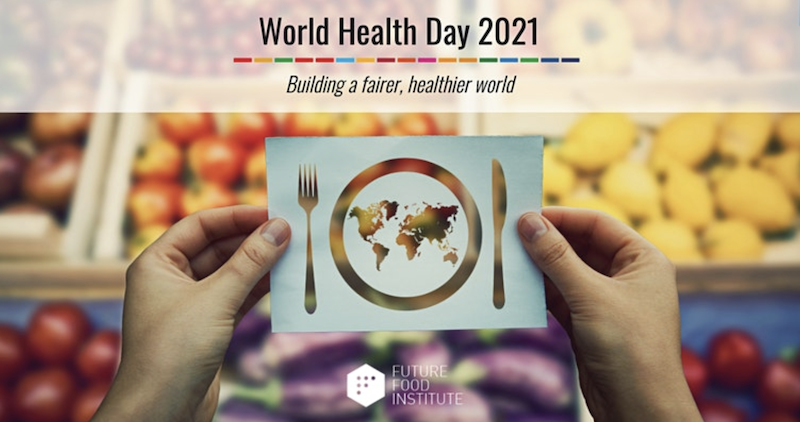World Health Day 2021
April 7 of each year marks the celebration of World Health Day.
The day coincides with the foundation of the World Health Organization. From its inception at the First Health Assembly in 1948, and since taking effect in 1950, the celebration has aimed to create awareness of a specific health theme to highlight a priority area of concern for the World Health Organization. Over the past 50 years, this has brought to light important health issues such as mental health, maternal and child care, and climate change. The celebration is marked by activities that extend beyond the day itself and serves as an opportunity to focus worldwide attention on these important aspects of global health.
World Health Day is a worldwide opportunity to focus on key public health issues. In the wake of a pandemic that has brought the entire planet to its knees, talking about health is more relevant than ever. There has, however, been one upshot of the pandemic – the awareness it generated about the intricate interconnections that exist in this world, and the capability to understand that human wellbeing and social justice are intrinsically linked to that of our planet. There is no health if it is not for all: health for our earth means ensuring life quality to all human beings across the globe. Guaranteed access to food, which is good for us and the planet, is the key.
The topic chosen for the 2021 World Health Day, building a fairer and healthier world, perfectly highlights the integral role of food in this strict relationship: eating well is good for us, but it is also a way to promote biodiversity, assure the fertility of the soils, improve social justice, safeguard equality, and mitigate climate change. Eating well necessitates adequate and universal nutrition to holistically contribute to the wellbeing of humans, of their communities, and of the ecosystems in which we live. However, in the US, food insecurity remains an issue, especially “among households with incomes near or below the federal poverty line, and black and Hispanic minority groups,” as studies reveal. Food deserts and food apartheid still represent brutal realities, awaiting concrete and enduring solutions that address the root causes.
World Health Day is the perfect occasion to recognize and acknowledge these invisible strings that connect everything if we want to assure a possible life to future generations that is healthy, fair, equal.
Sustainable food is only so if it assures health for the planet and if it is affordable for all – regardless of gender, race, nationality, income, or education. There is no health without fairness: let’s discover what that means!
The online event will open with four ‘Conversation Starters’ sparking a wider discussion with our pool of Thought-Leaders and Young Activists by asking questions such as:
- What advice would you offer to people who regard inequalities in our food systems as only the responsibility of the government?
- What could/should the average person do to address these inequalities?
- How do you see the industry currently supporting strategies to bridge the nutritional gaps, and where do you see an opportunity to do more?
- Nutrition is the key point for the SDG 2 ‘End hunger, achieve food security and improved nutrition and promote sustainable agriculture and is an essential component for achieving many of the other targets: overall, the nutritional aspects of the SDGs aim to promote healthy and sustainable diets and ensure food security globally. With growing unemployment and an economy still in the clutches of the pandemic, how can we maintain momentum towards goal #2?
The live discussion can be followed on Future Food Institute’s YouTube channel, the audience can also contribute comments and questions in real-time.

